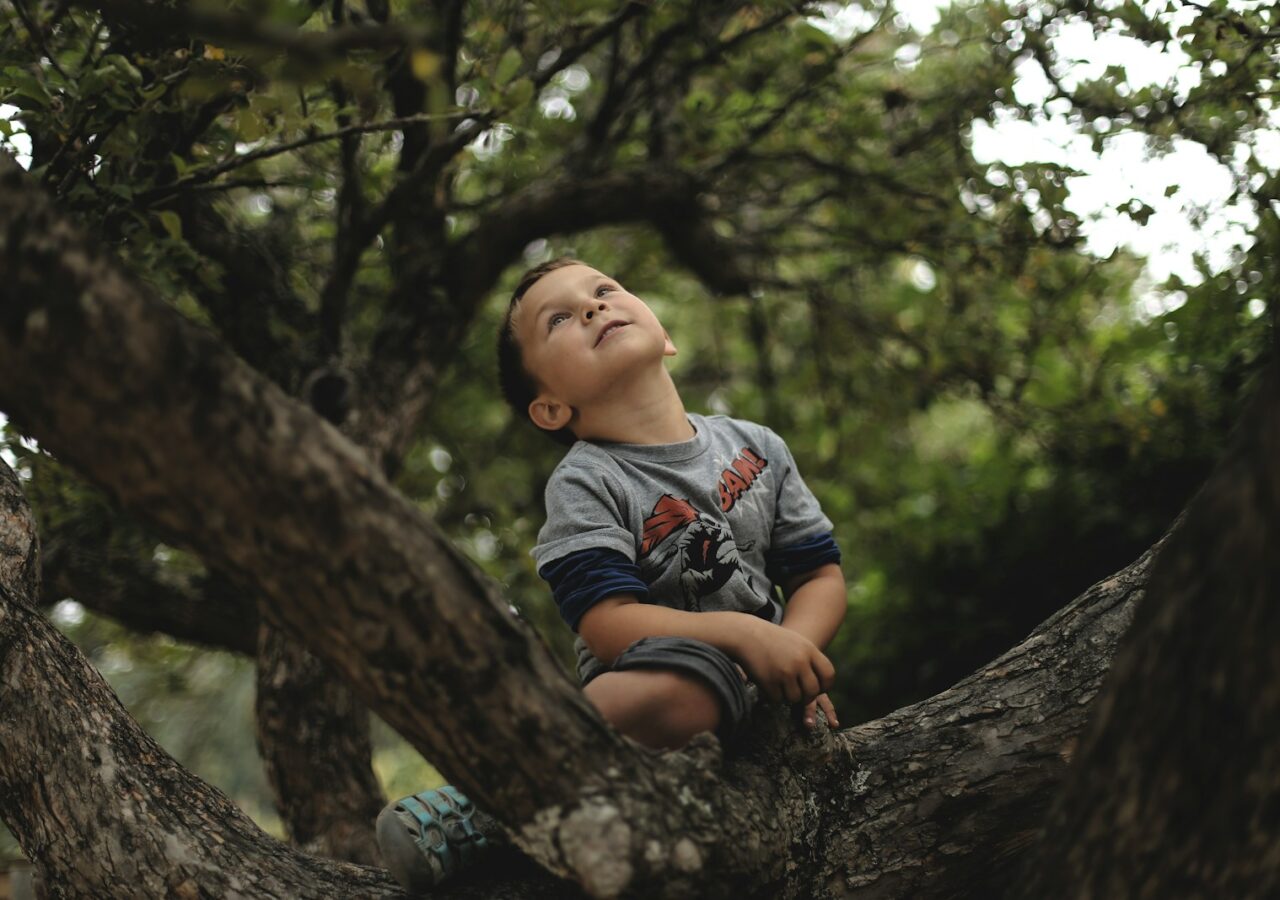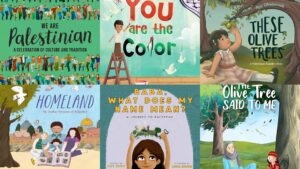Explore the profound wisdom of Imam Ali’s teaching to help your children understand the delicate balance between free will and divine destiny in Islam.
Explaining Free Will and Qadr to Children

In the journey of parenting, one of the more complex concepts to explain to children is the balance between free will (the ability to make choices) and Qadr (divine destiny). A beautiful and simple explanation comes from a story involving Imam Ali, a central figure in Islamic teaching, which provides a profound yet accessible way to discuss this topic with young minds.
The story begins with a companion asking Imam Ali about the extent of human control versus divine destiny. Imam Ali, known for his wisdom, proposed a simple yet insightful demonstration. He asked the companion to lift one leg, which he did, symbolising the element of free will. Then, he asked the companion to lift his other leg while keeping the first one raised. The companion couldn’t, illustrating the concept of divine destiny or Qadr, where certain aspects of life are beyond human control.
In Islamic teachings, free will is a gift from Allah, allowing humans to make choices and decisions. This aspect of life is crucial for children to understand, as it empowers them to make moral and ethical decisions. Teaching children about free will involves encouraging them to think about their choices, understand the consequences, and recognise that they have the power to choose between right and wrong.
Qadr, or divine destiny, is a concept that denotes the power of Allah in determining the course of the universe. It’s crucial for children to understand that while they have the ability to make choices, there are certain things predestined by Allah. This belief instils in them a sense of humility and trust in the divine plan.
Imam Ali’s story elegantly demonstrates the balance between free will and Qadr. It’s important to teach children that they are responsible for their actions (free will) but also to recognise Allah’s ultimate control over the outcome of events (Qadr). This balance helps children understand their role in shaping their lives while relying on their faith in Allah’s wisdom.
Parents can reinforce these concepts through everyday examples. Encouraging children to make choices, like selecting their clothes or deciding on a hobby, can highlight free will. Simultaneously, explaining situations beyond their control, such as weather or life events, can illustrate Qadr.
This story is not just about theological concepts; it’s also about nurturing faith and responsibility. By understanding free will and Qadr, children learn to take responsibility for their actions while also developing a strong faith in Allah’s plan. This balanced approach fosters a sense of security and trust in the divine, which is essential in their spiritual growth.
The tale of Imam Ali and the companion is more than just a story; it’s a valuable lesson in Islamic theology presented in a child-friendly manner. By using this story, parents can effectively convey the complex interplay of free will and divine destiny, helping their children to grow as responsible individuals with a deep trust in Allah’s plan. This understanding is crucial for navigating the challenges of life with faith and confidence.


